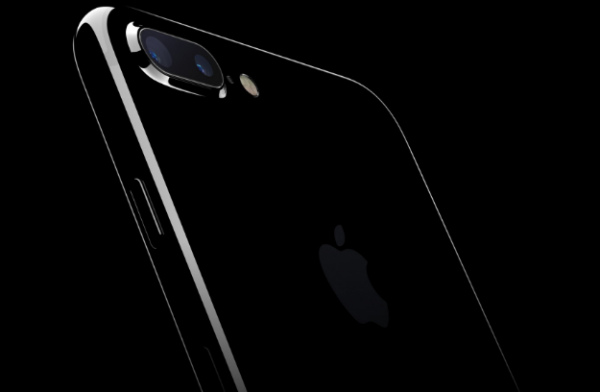What can you tell about a person from the phone they use?
Does the type of phone you use say anything about your personality?
A new research from the universities of Lincoln and Lancaster in the UK causes us to delve and analyze these questions.
According to the research, 530 people, in 2015 and 2016, talked about their phones and their feelings.
To quote the researchers: “We found that iPhone owners are more likely to be female, younger, and increasingly concerned about their smartphone being viewed as a status object.”
So are the rumors true? Are Apple devices simply for aesthetics?
The research also goes on to find that iPhone users have higher levels of emotionality which mean they are more prone to random emotional outbursts.
“Key differences in personality were also observed with iPhone users displaying lower levels of Honesty-Humility and higher levels of emotionality,” say the researchers.
In Cnet’s analysis of the American president-elect, his staff is said to tweet from an iPhone, while the president himself is more of an Android man.
In this research, many traits of the average Android user seem to fit with the Trumpian image.
Androiders are supposedly older, more honest and agreeable, less likely to break rules for personal gain and not so keen on wealth and status.
The study was originally presented in September at the British Psychological Society Social Psychology Section annual conference.
But it was fully formalized and finally published last week in the j0urnal Cyberpsychology, Behavior, and Social Networking.
“We expected that iPhone users would be younger and more extroverted for example,” said researcher, David Ellis.
“We also predicted that iPhone users would be more likely to view their phone as a status object.”
He explained that once the researchers began their work, they became quite good at predicting what phone people had.
“We were able to build a statistical model that, after asking people a few questions about themselves, could predict what type of phone they had in their pocket about 70 percent of the time,” he said.
Ellis thinks that more would be learned if the next study could look at those who switch from one phone to another.
Copyright 2025 TheCable. All rights reserved. This material, and other digital content on this website, may not be reproduced, published, broadcast, rewritten or redistributed in whole or in part without prior express written permission from TheCable.
Follow us on twitter @Thecablestyle

